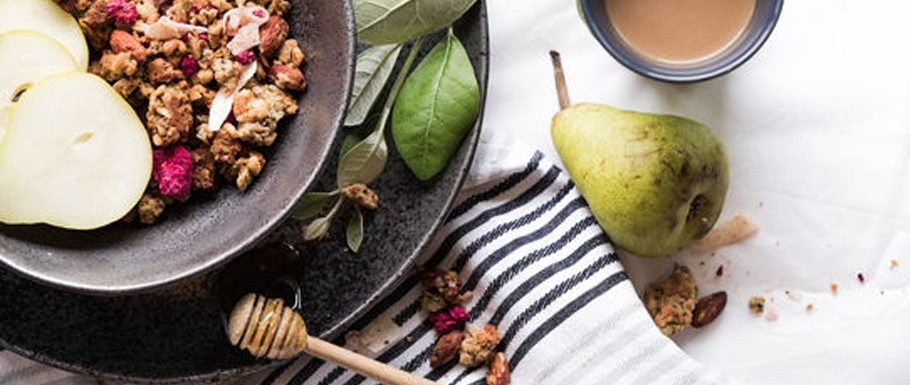Healthy Diet in Pregnancy
How to have a healthy weight gain during pregnancy?
Eating healthy throughout pregnancy is the best thing you can do for your baby. Good nutrition optimizes the growth and development of your baby and safeguards your own health. During pregnancy, your energy requirement increases by only 300 kcal a day. On average, every woman needs 1700 kcal a day. So eating for two is a myth!
Requirements for micro-nutrients (folate, calcium, vitamin D and B vitamins) are significantly higher. Make smart choices by choosing nutrient-rich food, rather than just eating more food!
Foods to avoid
Food safety is important during pregnancy. This is because bacterial toxins and certain harmful heavy chemical such as mercury can pass to baby and cause undesirable outcomes. Avoid these food items.
- Unpasteurized milk; soft cheese, e.g Brie, feta, Camembert and Roquefort; liver pates. These foods are prone to Listeria infection, a bacteria, which may result in miscarriage and stillbirth.
- Raw seafood and meats e.g. raw oyster, cockles, sashimi and sushi; and raw or half-boiled eggs: Raw and undercooked animal foods contain germs, bacteria and parasites. Especially when your immunity is now weakened.
- Avoid swordfish, shark, tilefish and king mackerel. Limit canned albacore tuna. This is to avoid heavy metal poisoning.
- Alcohol: Mothers who drink excessive alcohol have higher risk of miscarriages and stillbirth, and may result in fetal alcohol syndrome, including facial mal-development, small baby and mental impairment.
- Unwashed salad and raw vegetable sprouts, including alfalfa, clover, radish and mung bean: Unwashed salads may be contaminated with bacteria from the soil, while raw vegetable sprouts contain high levels of germs, which can be harmful to health.
- Durians (an Asian delight!) contain excessive calories and potassium. So eat in moderation.
– Dr Tan Thiam Chye
